Pongal Festival 2012 by DK on Jan 11, 2012
[caption id="" align="aligncenter" width="450" caption="Image Courtesy: indianfestivals.co.in"]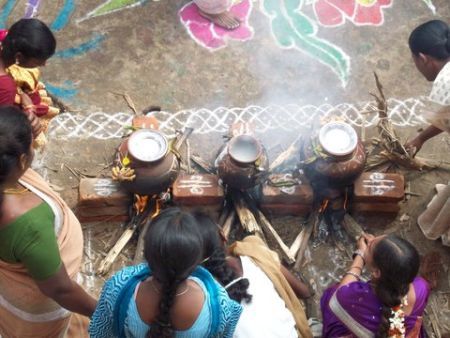 [/caption]
Indian version of "Thanksgiving" is the famous festival called "Pongal". Its a harvest festival and it falls in the month of January. This occasion signals the end of the traditional farming season, giving farmers a break from their monotonous routine and symbolizes the veneration of the first fruit. Last year I did a similar post which provides details of the rituals of the festival. For today, I will just straightaway jump into the recipes (the best part isnt it?)
This festival is celebrated for 4 days each representing an essence.
Day 1 : Boghi ( Jan 13th)
On this day its all about Bonfires - where all old materials and clothes are thrown and burnt. It is believed to mark the beginning of a fresh life - In short a new beginning.
The following recipes are prepared on this day ((See all recipes))
1. Poli (Ubbattu)
2. Ven Pongal (also known as Khara Pongal, Spicy Pongal )
3. Pakoda (mostly plain for offering to god)
4. Eggplant Gotsu
5. Pal Payasam (Kheer)
6. Morkuzhambu
[caption id="" align="aligncenter" width="227" caption="Poli (Ubbattu)"]
[/caption]
Indian version of "Thanksgiving" is the famous festival called "Pongal". Its a harvest festival and it falls in the month of January. This occasion signals the end of the traditional farming season, giving farmers a break from their monotonous routine and symbolizes the veneration of the first fruit. Last year I did a similar post which provides details of the rituals of the festival. For today, I will just straightaway jump into the recipes (the best part isnt it?)
This festival is celebrated for 4 days each representing an essence.
Day 1 : Boghi ( Jan 13th)
On this day its all about Bonfires - where all old materials and clothes are thrown and burnt. It is believed to mark the beginning of a fresh life - In short a new beginning.
The following recipes are prepared on this day ((See all recipes))
1. Poli (Ubbattu)
2. Ven Pongal (also known as Khara Pongal, Spicy Pongal )
3. Pakoda (mostly plain for offering to god)
4. Eggplant Gotsu
5. Pal Payasam (Kheer)
6. Morkuzhambu
[caption id="" align="aligncenter" width="227" caption="Poli (Ubbattu)"] [/caption]
[caption id="" align="aligncenter" width="227" caption="Ven Pongal"]
[/caption]
[caption id="" align="aligncenter" width="227" caption="Ven Pongal"]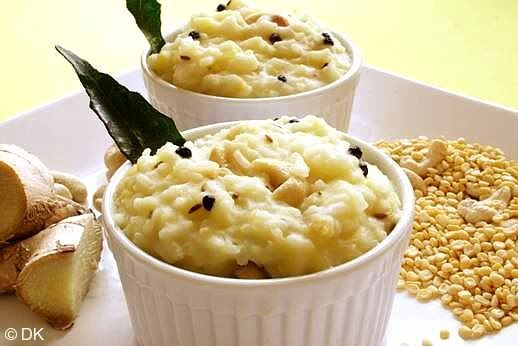 [/caption]
[caption id="" align="aligncenter" width="227" caption="Eggplant Gotsu"]
[/caption]
[caption id="" align="aligncenter" width="227" caption="Eggplant Gotsu"]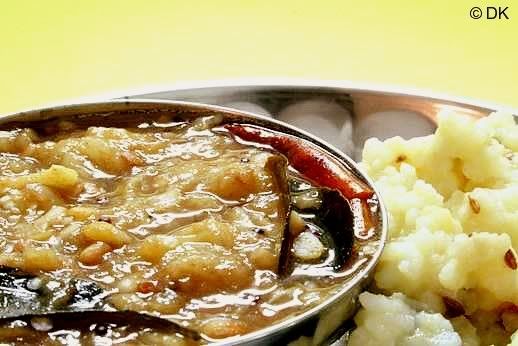 [/caption]
[caption id="" align="aligncenter" width="227" caption="Pal Payasam (Kheer)"]
[/caption]
[caption id="" align="aligncenter" width="227" caption="Pal Payasam (Kheer)"]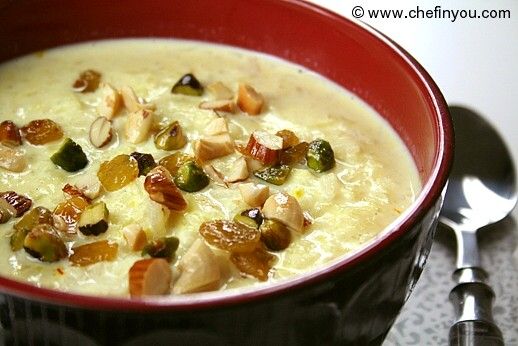 [/caption]
Day 2 : Sankranthi (Jan 14th)
This is the main festival day - called as Pongal Day. This day is celebrated by boiling fresh milk early in the morning and allow it to boil over - overflow - the act of which is the literal translation for the word 'Pongal'.
The following recipes are prepared on this day (See all recipes)
1. Sakkarai Pongal (also called chakkarai pongal, sweet pongal )
2. Medhu Vadai
3. Idli
4. Coconut Chutney
5. Aviyal
[caption id="" align="aligncenter" width="227" caption="Sakkarai Pongal"]
[/caption]
Day 2 : Sankranthi (Jan 14th)
This is the main festival day - called as Pongal Day. This day is celebrated by boiling fresh milk early in the morning and allow it to boil over - overflow - the act of which is the literal translation for the word 'Pongal'.
The following recipes are prepared on this day (See all recipes)
1. Sakkarai Pongal (also called chakkarai pongal, sweet pongal )
2. Medhu Vadai
3. Idli
4. Coconut Chutney
5. Aviyal
[caption id="" align="aligncenter" width="227" caption="Sakkarai Pongal"]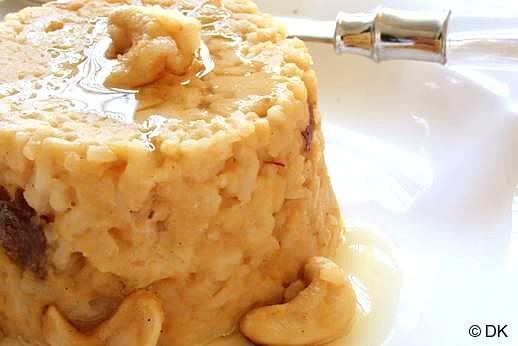 [/caption]
[caption id="" align="aligncenter" width="227" caption="Medhu Vadai "]
[/caption]
[caption id="" align="aligncenter" width="227" caption="Medhu Vadai "]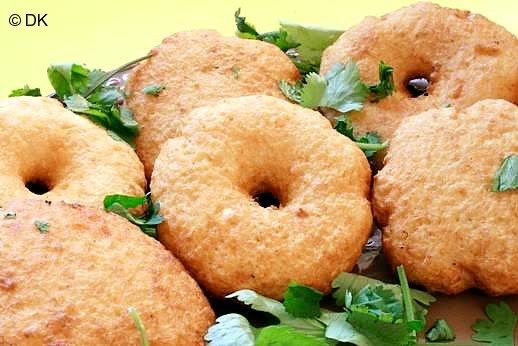 [/caption]
[caption id="" align="aligncenter" width="227" caption="Idli "]
[/caption]
[caption id="" align="aligncenter" width="227" caption="Idli "]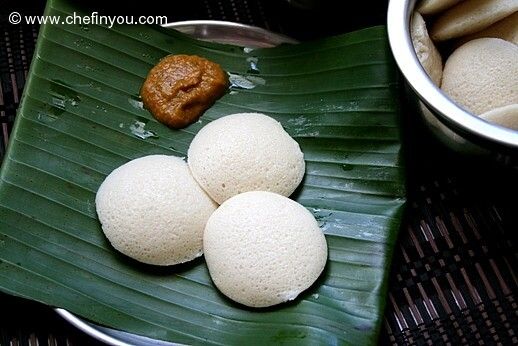 [/caption]
[caption id="" align="aligncenter" width="227" caption="Coconut Chutney "]
[/caption]
[caption id="" align="aligncenter" width="227" caption="Coconut Chutney "]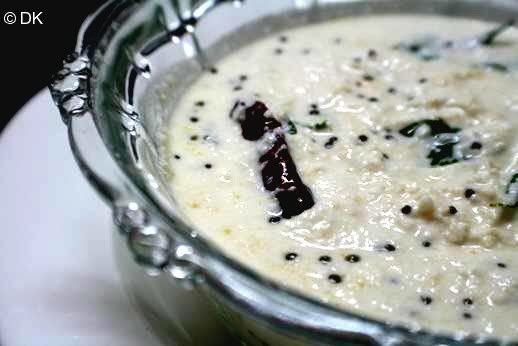 [/caption]
[caption id="" align="aligncenter" width="227" caption="Aviyal "]
[/caption]
[caption id="" align="aligncenter" width="227" caption="Aviyal "]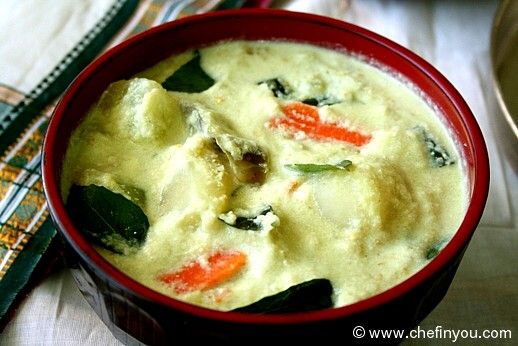 [/caption]
Day 3 : Mattu Pongal (Jan 15th)
"Mattu" means Cows/Buffalo. They play a significant role in a farmer's life since they are the ones which draw the plough (as its still done mostly in India - tractors don't abound). This day is for thanking them for helping the farmers to plough the lands. On this day the cattle are decorated with paint, flowers and bells. In Madurai "Jallikattu" is celebrated which is an event for taming the wild bull.
[caption id="" align="aligncenter" width="347" caption="Photo Credits: Flickr/Jayanth"]
[/caption]
Day 3 : Mattu Pongal (Jan 15th)
"Mattu" means Cows/Buffalo. They play a significant role in a farmer's life since they are the ones which draw the plough (as its still done mostly in India - tractors don't abound). This day is for thanking them for helping the farmers to plough the lands. On this day the cattle are decorated with paint, flowers and bells. In Madurai "Jallikattu" is celebrated which is an event for taming the wild bull.
[caption id="" align="aligncenter" width="347" caption="Photo Credits: Flickr/Jayanth"]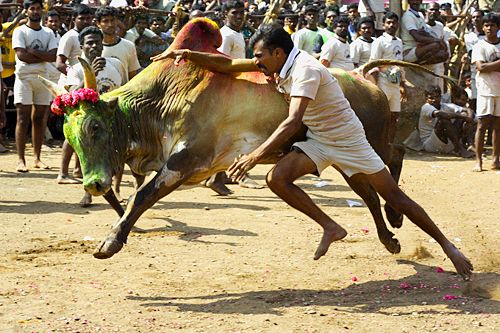 [/caption]
Variety of rices are prepared on this day. Recipes are as follows: (See all recipes)
1. Kadambam Rice
2. Lemon Rice (elumitcham pazha sadam)
3. Tamarind Rice (puliyodharai)
4. Coconut Rice
5. Rava Pongal
6. Akkaravadisal
[caption id="" align="aligncenter" width="227" caption="Rava Pongal"]
[/caption]
Variety of rices are prepared on this day. Recipes are as follows: (See all recipes)
1. Kadambam Rice
2. Lemon Rice (elumitcham pazha sadam)
3. Tamarind Rice (puliyodharai)
4. Coconut Rice
5. Rava Pongal
6. Akkaravadisal
[caption id="" align="aligncenter" width="227" caption="Rava Pongal"]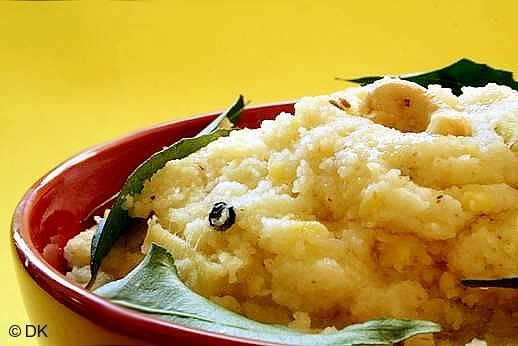 [/caption]
[caption id="" align="aligncenter" width="227" caption="Kadambam Rice Recipe"]
[/caption]
[caption id="" align="aligncenter" width="227" caption="Kadambam Rice Recipe"]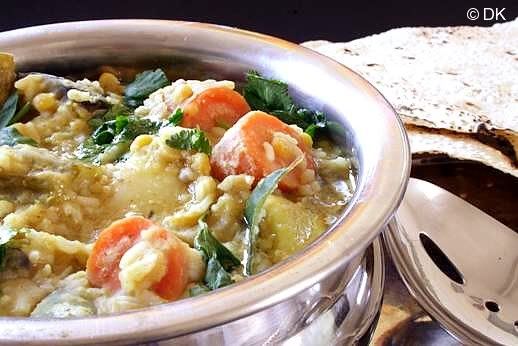 [/caption]
[caption id="" align="aligncenter" width="227" caption="Akkaravadisal Rice Recipe"]
[/caption]
[caption id="" align="aligncenter" width="227" caption="Akkaravadisal Rice Recipe"]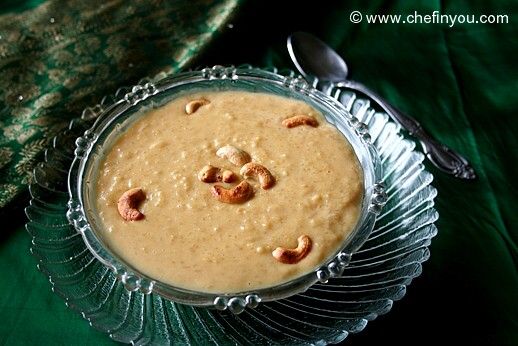 [/caption]
[caption id="" align="aligncenter" width="227" caption="Lemon Rice Recipe"]
[/caption]
[caption id="" align="aligncenter" width="227" caption="Lemon Rice Recipe"]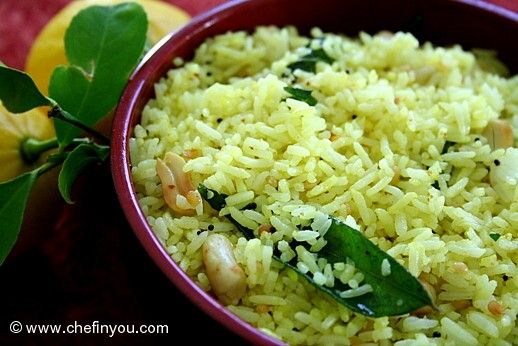 [/caption]
[caption id="" align="aligncenter" width="227" caption="Coconut Rice Recipe"]
[/caption]
[caption id="" align="aligncenter" width="227" caption="Coconut Rice Recipe"]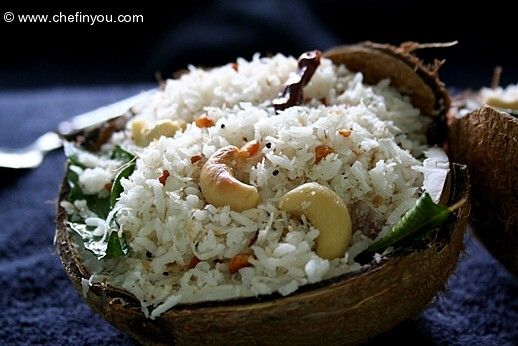 [/caption]
[caption id="" align="aligncenter" width="227" caption="Tamarind Rice Recipe"]
[/caption]
[caption id="" align="aligncenter" width="227" caption="Tamarind Rice Recipe"]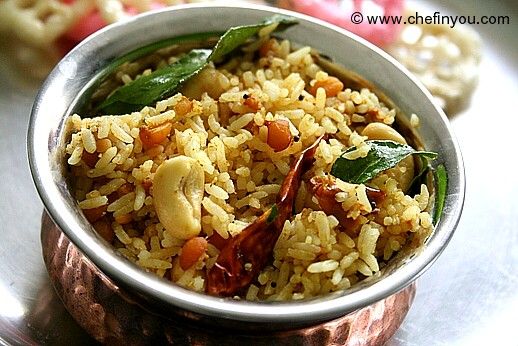 [/caption]
Day 4 : Kaanum Pongal (Jan 16th - also known as Karinaal or Thiruvalluvar Day)
The word "Kaanum" means to view and true to its meaning its for people to visit relatives and friends on this day for exchanging pleasantries and greetings. In short its a picnic day! This oneness is by way of thanking family and friends for their support throughout. Sugarcane's abound and its a common sight to watch ppl chewing and enjoying it. It also is similar to Raksha Bandhan in the sense that woman offer prayers by way offering multi colored rice in their courtyard/terrace and calling out to crows with a "ka Ka " chant to come and eat it while praying for the well being of their brothers.
Wishing you all my dear Readers (esp. South Indian Hindus) a Happy and immensely Prosperous Pongal in Advance.
[/caption]
Day 4 : Kaanum Pongal (Jan 16th - also known as Karinaal or Thiruvalluvar Day)
The word "Kaanum" means to view and true to its meaning its for people to visit relatives and friends on this day for exchanging pleasantries and greetings. In short its a picnic day! This oneness is by way of thanking family and friends for their support throughout. Sugarcane's abound and its a common sight to watch ppl chewing and enjoying it. It also is similar to Raksha Bandhan in the sense that woman offer prayers by way offering multi colored rice in their courtyard/terrace and calling out to crows with a "ka Ka " chant to come and eat it while praying for the well being of their brothers.
Wishing you all my dear Readers (esp. South Indian Hindus) a Happy and immensely Prosperous Pongal in Advance.
 [/caption]
Indian version of "Thanksgiving" is the famous festival called "Pongal". Its a harvest festival and it falls in the month of January. This occasion signals the end of the traditional farming season, giving farmers a break from their monotonous routine and symbolizes the veneration of the first fruit. Last year I did a similar post which provides details of the rituals of the festival. For today, I will just straightaway jump into the recipes (the best part isnt it?)
This festival is celebrated for 4 days each representing an essence.
Day 1 : Boghi ( Jan 13th)
On this day its all about Bonfires - where all old materials and clothes are thrown and burnt. It is believed to mark the beginning of a fresh life - In short a new beginning.
The following recipes are prepared on this day ((See all recipes))
1. Poli (Ubbattu)
2. Ven Pongal (also known as Khara Pongal, Spicy Pongal )
3. Pakoda (mostly plain for offering to god)
4. Eggplant Gotsu
5. Pal Payasam (Kheer)
6. Morkuzhambu
[caption id="" align="aligncenter" width="227" caption="Poli (Ubbattu)"]
[/caption]
Indian version of "Thanksgiving" is the famous festival called "Pongal". Its a harvest festival and it falls in the month of January. This occasion signals the end of the traditional farming season, giving farmers a break from their monotonous routine and symbolizes the veneration of the first fruit. Last year I did a similar post which provides details of the rituals of the festival. For today, I will just straightaway jump into the recipes (the best part isnt it?)
This festival is celebrated for 4 days each representing an essence.
Day 1 : Boghi ( Jan 13th)
On this day its all about Bonfires - where all old materials and clothes are thrown and burnt. It is believed to mark the beginning of a fresh life - In short a new beginning.
The following recipes are prepared on this day ((See all recipes))
1. Poli (Ubbattu)
2. Ven Pongal (also known as Khara Pongal, Spicy Pongal )
3. Pakoda (mostly plain for offering to god)
4. Eggplant Gotsu
5. Pal Payasam (Kheer)
6. Morkuzhambu
[caption id="" align="aligncenter" width="227" caption="Poli (Ubbattu)"] [/caption]
[caption id="" align="aligncenter" width="227" caption="Ven Pongal"]
[/caption]
[caption id="" align="aligncenter" width="227" caption="Ven Pongal"] [/caption]
[caption id="" align="aligncenter" width="227" caption="Eggplant Gotsu"]
[/caption]
[caption id="" align="aligncenter" width="227" caption="Eggplant Gotsu"] [/caption]
[caption id="" align="aligncenter" width="227" caption="Pal Payasam (Kheer)"]
[/caption]
[caption id="" align="aligncenter" width="227" caption="Pal Payasam (Kheer)"] [/caption]
Day 2 : Sankranthi (Jan 14th)
This is the main festival day - called as Pongal Day. This day is celebrated by boiling fresh milk early in the morning and allow it to boil over - overflow - the act of which is the literal translation for the word 'Pongal'.
The following recipes are prepared on this day (See all recipes)
1. Sakkarai Pongal (also called chakkarai pongal, sweet pongal )
2. Medhu Vadai
3. Idli
4. Coconut Chutney
5. Aviyal
[caption id="" align="aligncenter" width="227" caption="Sakkarai Pongal"]
[/caption]
Day 2 : Sankranthi (Jan 14th)
This is the main festival day - called as Pongal Day. This day is celebrated by boiling fresh milk early in the morning and allow it to boil over - overflow - the act of which is the literal translation for the word 'Pongal'.
The following recipes are prepared on this day (See all recipes)
1. Sakkarai Pongal (also called chakkarai pongal, sweet pongal )
2. Medhu Vadai
3. Idli
4. Coconut Chutney
5. Aviyal
[caption id="" align="aligncenter" width="227" caption="Sakkarai Pongal"] [/caption]
[caption id="" align="aligncenter" width="227" caption="Medhu Vadai "]
[/caption]
[caption id="" align="aligncenter" width="227" caption="Medhu Vadai "] [/caption]
[caption id="" align="aligncenter" width="227" caption="Idli "]
[/caption]
[caption id="" align="aligncenter" width="227" caption="Idli "] [/caption]
[caption id="" align="aligncenter" width="227" caption="Coconut Chutney "]
[/caption]
[caption id="" align="aligncenter" width="227" caption="Coconut Chutney "] [/caption]
[caption id="" align="aligncenter" width="227" caption="Aviyal "]
[/caption]
[caption id="" align="aligncenter" width="227" caption="Aviyal "] [/caption]
Day 3 : Mattu Pongal (Jan 15th)
"Mattu" means Cows/Buffalo. They play a significant role in a farmer's life since they are the ones which draw the plough (as its still done mostly in India - tractors don't abound). This day is for thanking them for helping the farmers to plough the lands. On this day the cattle are decorated with paint, flowers and bells. In Madurai "Jallikattu" is celebrated which is an event for taming the wild bull.
[caption id="" align="aligncenter" width="347" caption="Photo Credits: Flickr/Jayanth"]
[/caption]
Day 3 : Mattu Pongal (Jan 15th)
"Mattu" means Cows/Buffalo. They play a significant role in a farmer's life since they are the ones which draw the plough (as its still done mostly in India - tractors don't abound). This day is for thanking them for helping the farmers to plough the lands. On this day the cattle are decorated with paint, flowers and bells. In Madurai "Jallikattu" is celebrated which is an event for taming the wild bull.
[caption id="" align="aligncenter" width="347" caption="Photo Credits: Flickr/Jayanth"] [/caption]
Variety of rices are prepared on this day. Recipes are as follows: (See all recipes)
1. Kadambam Rice
2. Lemon Rice (elumitcham pazha sadam)
3. Tamarind Rice (puliyodharai)
4. Coconut Rice
5. Rava Pongal
6. Akkaravadisal
[caption id="" align="aligncenter" width="227" caption="Rava Pongal"]
[/caption]
Variety of rices are prepared on this day. Recipes are as follows: (See all recipes)
1. Kadambam Rice
2. Lemon Rice (elumitcham pazha sadam)
3. Tamarind Rice (puliyodharai)
4. Coconut Rice
5. Rava Pongal
6. Akkaravadisal
[caption id="" align="aligncenter" width="227" caption="Rava Pongal"] [/caption]
[caption id="" align="aligncenter" width="227" caption="Kadambam Rice Recipe"]
[/caption]
[caption id="" align="aligncenter" width="227" caption="Kadambam Rice Recipe"] [/caption]
[caption id="" align="aligncenter" width="227" caption="Akkaravadisal Rice Recipe"]
[/caption]
[caption id="" align="aligncenter" width="227" caption="Akkaravadisal Rice Recipe"] [/caption]
[caption id="" align="aligncenter" width="227" caption="Lemon Rice Recipe"]
[/caption]
[caption id="" align="aligncenter" width="227" caption="Lemon Rice Recipe"] [/caption]
[caption id="" align="aligncenter" width="227" caption="Coconut Rice Recipe"]
[/caption]
[caption id="" align="aligncenter" width="227" caption="Coconut Rice Recipe"] [/caption]
[caption id="" align="aligncenter" width="227" caption="Tamarind Rice Recipe"]
[/caption]
[caption id="" align="aligncenter" width="227" caption="Tamarind Rice Recipe"] [/caption]
Day 4 : Kaanum Pongal (Jan 16th - also known as Karinaal or Thiruvalluvar Day)
The word "Kaanum" means to view and true to its meaning its for people to visit relatives and friends on this day for exchanging pleasantries and greetings. In short its a picnic day! This oneness is by way of thanking family and friends for their support throughout. Sugarcane's abound and its a common sight to watch ppl chewing and enjoying it. It also is similar to Raksha Bandhan in the sense that woman offer prayers by way offering multi colored rice in their courtyard/terrace and calling out to crows with a "ka Ka " chant to come and eat it while praying for the well being of their brothers.
Wishing you all my dear Readers (esp. South Indian Hindus) a Happy and immensely Prosperous Pongal in Advance.
[/caption]
Day 4 : Kaanum Pongal (Jan 16th - also known as Karinaal or Thiruvalluvar Day)
The word "Kaanum" means to view and true to its meaning its for people to visit relatives and friends on this day for exchanging pleasantries and greetings. In short its a picnic day! This oneness is by way of thanking family and friends for their support throughout. Sugarcane's abound and its a common sight to watch ppl chewing and enjoying it. It also is similar to Raksha Bandhan in the sense that woman offer prayers by way offering multi colored rice in their courtyard/terrace and calling out to crows with a "ka Ka " chant to come and eat it while praying for the well being of their brothers.
Wishing you all my dear Readers (esp. South Indian Hindus) a Happy and immensely Prosperous Pongal in Advance. Recent Articles by ChefInYou
Ganesh Chavithi ( Vinayaka Chaturthi) Festival 2020 Recipes By DK on Aug 16, 2020
Krishna Jayanthi | Gokulashtami Festival Recipes By DK on Aug 8, 2020
OPOS Lessons: How to Standardise your Pressure cooker? By DK on Jan 28, 2019
6 things I never thought I will ever do! By DK on Aug 1, 2018
Super Bowl Recipes 2018 By DK on Jan 28, 2018
7 Ways OPOS® Cooking Improved My Life By DK on Nov 19, 2017
Prepping Staples – Planning my Weekly Menu By DK on Nov 13, 2017
6 Quick & Healthy After School Snacks (with Variations) By DK on Sep 6, 2017
Bell Peppers (Capsicum): Planting, Growing & Harvesting for Beginners By DK on Aug 9, 2017
OPOS® – Frequently Asked Questions By DK on Jul 21, 2017
Recent Posts by ChefInYou
Instant pot Applesauce By DK on Nov 30, 2020
Vegetable Pulao using RightRice By DK on Oct 28, 2020
Classic Oatmeal using Sprouted Rolled Oats By DK on Oct 21, 2020
Pita Tostada By DK on Oct 14, 2020
Green Chutney / Hari Chutney (Chaat) By DK on Oct 7, 2020
Related Recipes
Easy Ghee Mysore Pak (Pressure Cooker Method) By DK on Sep 8, 2018
Leave a Reply
I love to hear from you! I read each and every comment, and will get
back as soon as I am able to.
16 Comments
By Pongal (Sankranti) : A Time to Thank the Earth, Sun, Rain, Cows and Nature: Some Recipes | A Life (Time) of Cooking on Jan 8, 2014
[...] Pongal Festival 2012 (chefinyou.com) [...]
By vandana subramanian on Feb 1, 2012
i love this blog! learned mausu paagh form your site and it came out perfect like KRISHNA SWEETS (chennai)mausu paag. :-P
Do you have receipe for ada rasam? i tried it many times but came a disaster. thanks
By Sarah on Jan 24, 2012
Happy Pongal! What a great way to offer thanks – with a boatload of good food. I love your blog and how it's not just a roll call of recipes but also a cultural homage.
By Darnell Brownell on Jan 14, 2012
Thanks for sharing, this is a fantastic blog article.Much thanks again. Fantastic.
By Uma on Jan 13, 2012
Wishing you and your family a very happy Pongal Dhivya.
By Vidhya on Jan 13, 2012
Love your recipe as always! Wish you happy pongal! Visit my space when you get time!
By sumi on Jan 12, 2012
excellent post on pongal as usual.Wish you a very happy pongal. Morever this year pongal falls on the weekend , more convenient for good food and company. enjoy
By Anu on Jan 12, 2012
Happy Pongal to you too! Love your post with all the wonderful food links. My mom is here this time and I'm sure some of this authentic stuff is just around the corner for me! If it was just me, it would have been special maggi for pongal! LOL!
By malini on Jan 12, 2012
nice receipe with proper and good information. thank u. wish u a very happy pongal and to ur family.
By Sangeeta on Jan 12, 2012
a very happy Pongal to you and your family DK... :-x :-x
By Priya on Jan 12, 2012
Happy pongal wishes to u and ur loved ones DK..
By Mams on Jan 11, 2012
Awesome post !!!
By Nithya on Jan 11, 2012
Anaivarukum pongal nalvalthukal.
Very nice post. Many persons dont know this much of information about pongal recipes day by day.
thanks.
By La @ FoodSlice on Jan 11, 2012
We are planning to do those huge white flour decorations (as in your first pic) in front of our house for the festival days. Should see how they turn out. And lots of food of course :)
Happy Sankranthi to you and your family, DK.
By Madhu on Jan 11, 2012
Very nice post!! Happy pongal to you and your family!!! Pongalo Pongal!! :)






By Pongal: A Time to Thank the Earth, Sun, Rain, Cows and Nature | A Life (Time) of Cooking on Jan 9, 2014